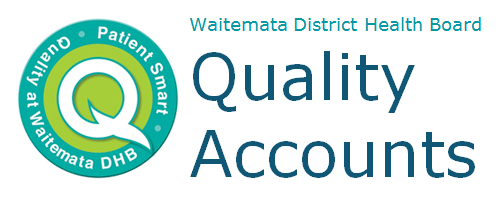
Avatea is a Pacific Island youth mental health service that has been developed within the existing Waitemata DHB Pacific Island service - Takanga A Fohe.
The word Avatea is from the Cook Islands word meaning 'rising of the sun'. This denotes the early life span.
What are we trying to achieve?
The Pacific Island population of Waitemata DHB is increasing. In the 2013 census Pacific Islanders made up 7% of New Zealand's population and 14% of the New Zealand Pacific population are living in Waitemata District Health Board’s area. Pacific Islanders have the highest population of children compared to other ethnicities at rates of 36%.
The 2012 Secondary school study shows us that Pacific Island youth have similar rates of depression as New Zealand European students, but higher rates of deliberate self-harm and are three times more likely to have made a suicide attempt in the past year than New Zealand European students.
The aim of the Avatea project was to increase access for Pacific Island youth and manage mild to moderate mental health problems and also to support youth whose parents had mental health issues or addiction. Within Takanga A Fohe there is existing cultural and language support (Malaga Team) to help engage families and young people.
What have we done?
The project used a cultural approach to increase access and engagement through a whole of life approach. It also incorporated the new Ministry of Health’s 'Supporting Parents, Healthy Children' Project. Team members of Takanga A Fohe have been upskilled by attending workshops about talking to parents with mental health problems and asking about their children.
Avatea Service
- Since January 2016, 17 families have accessed Avatea with a total of 23 children referred; they were seen in clinic, at home, and at school
- Referrals were received from Isa Lei and Tupu Pacific Island Mental Health (MH) Service (Waitemata DHB), school guidance counsellors, General Practitioners and from Non-Government Organisations (NGOs)
- Services provided included family and individual therapy, psychoeducation, psychiatric assessments and linked into NGOs
What did we find?
- Presenting problems included a lack of understanding of parental mental health problems, witnessing traumatic events secondary to parents’ mental health problems and the extra burden of responsibility with caregiver illness
- There were improvements in the mental health of the children as recorded in Health of the Nation Outcome Scale for Children and Adolescent (HONOSCA) scores after intervention
- Young people do well when supported and given appropriate information
Some families were not seen by the Avatea service due to resolution of difficulties or engagement of other services including Ministry of Vulnerable Children Oranga Tamariki.
Where to from here?
This project confirmed the need for an extended Pacific Island Youth Mental Health service with a multidisciplinary team, including dedicated cultural support. There is an opportunity to see a larger number of young Pacific youth through our team in particular those who do not reach the referral threshold for, or do not engage with, the Child and Adolescent Mental Health Service (CAMHS).
Our project continues with 0.6 FTE of a Child and Adolescent psychiatrist and the support of multidisciplinary members of Isa Lei, Malaga and Tupu teams within Takanga A Fohe.
There is a need for ongoing collaboration with Adult Mental Health services, NGOs, schools, CAMHS and primary care to increase access to care. This will increase assessment and treatment options for vulnerable Pacific Island youth.
References
- The Health and Wellbeing of New Zealand Secondary School Students in 2012, University of Auckland
- NZ Census 2013
- Supporting Parents, Healthy Children Document, Ministry of Health 2016
